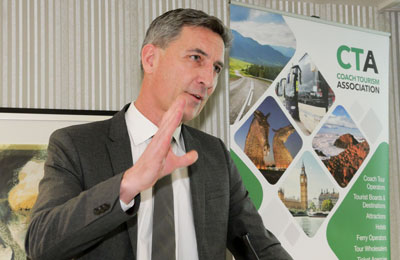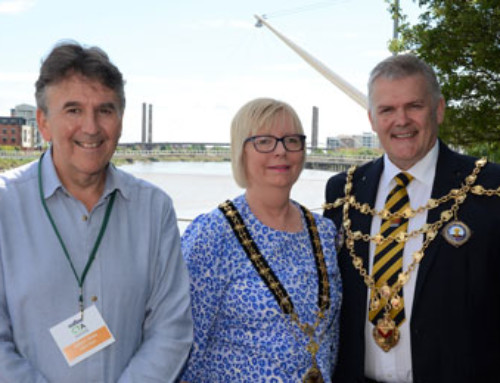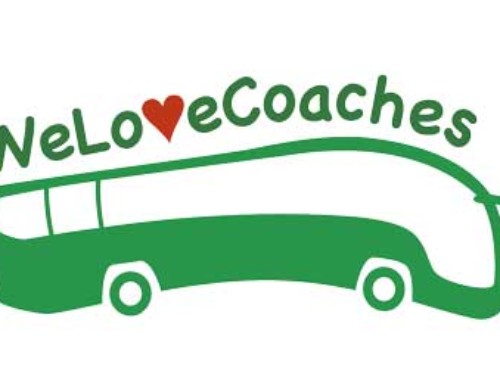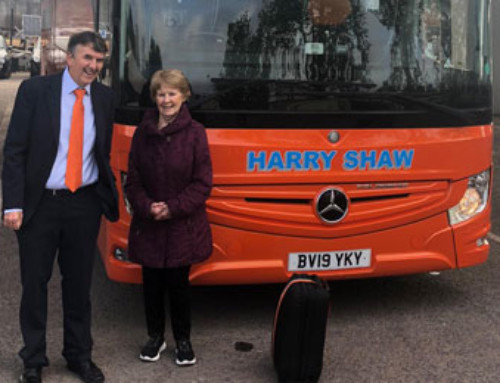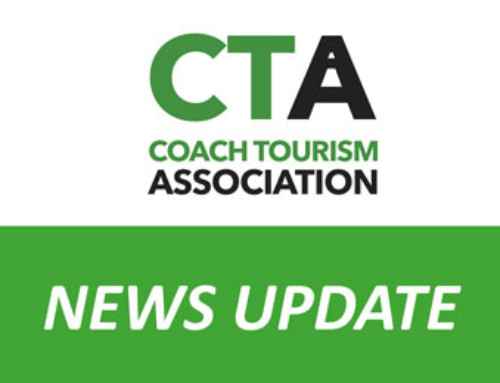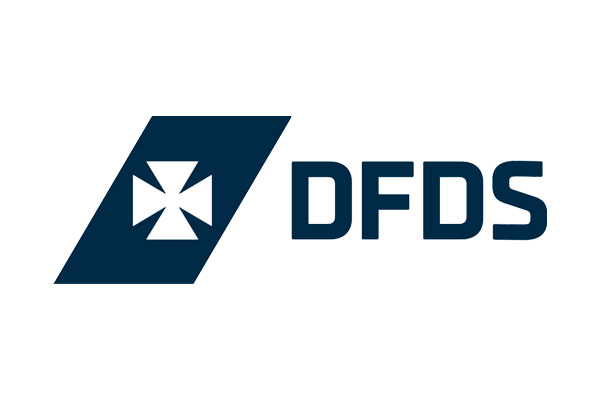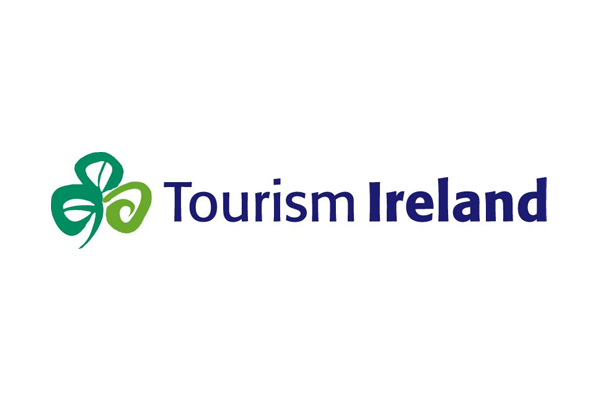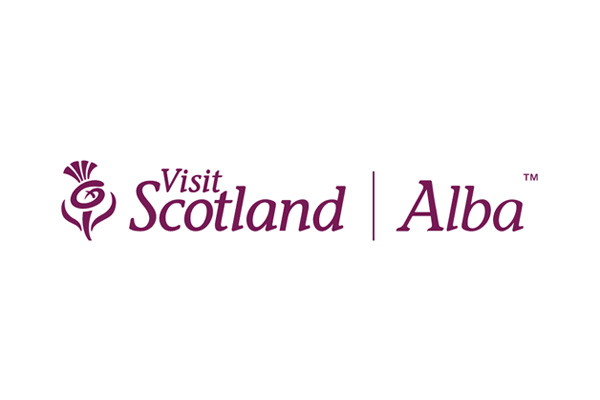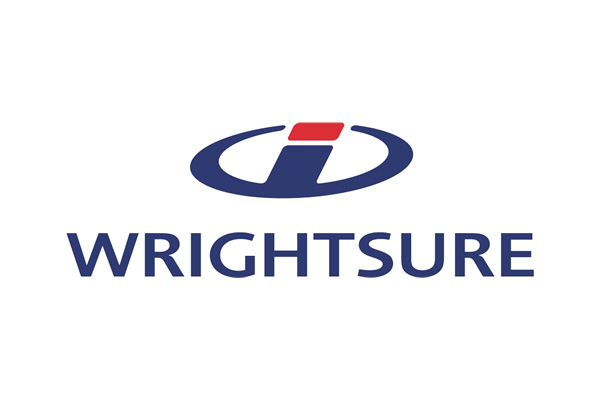The Government’s plans for a net zero emission future will create major opportunities for the coach industry, transport experts told the Coach Tourism Association’s 2020 conference in York.
Stressing the need for Government to move people away from cars to high occupancy vehicles, Confederation of Passenger Transport chief executive Graham Vidler told CTA members: “The only way to travel that is more environmentally friendly than coach involves pedalling.”
He added; “When people choose to travel by coach rather than by car or plane we get better air quality and reduced congestion which helps to combat the climate emergency by taking cars off the road and planes out of the sky. There would be absolute chaos at tourism hot spots around the country if everyone travelled by car.”
Inaccurate public impressions of the pollution created by coaches were highlighted by Dan Hayes of the Low Carbon Vehicle Partnership whose figures showed that, in terms of NOx emissions, buses and coaches contributed just 5% compared with cars and vans at 75%.
He said: “Not all diesels are dirty. There has been a big broad-brush picture painted, what with things like diesel gate. But from our testing, which we have done with both TFL and National Government, we can safely say that Euro Level 6 vehicles – whether they be gas, diesel or hybrid – are all clean. we have the test certificates to prove it and we have published these on our website.
“An important point is that emissions per passenger are much much lower from a coach than they are from a private car and that is a key message you need to press home whenever you are talking to a local authority.”
Looking to the future Dan Hayes said that, with Euro 6 ‘being as clean as you can get’ the next step would involve renewable fuels – now being worked on – followed by a gradual move to electricity, with some 5-10 electric coaches likely to be running in the UK by the end of the year.
“Change is coming, but it will take a long time. So no need to panic. We have the right incentives in place for buses – and our message to government is, if you want the coach industry to do the same you have to provide the same. We have a growing infrastructure for hydrogen and electric buses – we should have 1000 zero emission buses by the end of the next year – and that infrastructure can be used to support the coach sector as well.”
On a day to day operational level the European Tourism Association’s Tim Fairhurst outlined the extent to which ETOA was pressurising local governments in tourism centres to offer sensible access to city centres for coaches.
“There are anti-coach sentiments, some of which is completely irrational. The suggestion that coaches contribute to congestion in Rome is completely farfetched and has no scientific basis. The stated reason is to improve air quality in Rome. But the approach adds to it because you simply get more private cars who do more harm to the air quality than a Euro 6 coach. None of this makes any sense – it is pure politics.
“Another good example is Amsterdam where a vocal minority have been particularly hostile to coach tourism. That has found its way into the ear of politicians who, among others, have contributed to a vision document that says they don’t want any coaches at all inside the A10, the motor ring road of Amsterdam, by 2025.
“We talked to planners in the local authority and said: ‘Terrific vision but what happens when people arrive at the A10 ring? They said: ‘Exactly’. There are quite sensible people in bureaucracies around Europe who are not looking to make your life difficult and who are also receptive if we come to them with solutions”.
The CPT’s Andy Warrender also sought to calm delegates’ fears about the immediate effects of BREXIT pointing out that around 40,000 coaches crossed the Channel in 2019 running 35,000 coach tours in Europe serving some two million UK holidaymakers.
He told members: “There’s been a lot written about what might happen, the usual media attitude of never let the facts get in the way of a good story, and a good crisis. But, is there a crisis, is that really the word…..no. People still want to travel to Europe, and you are there to take them. Why should there be any change?”
He also reminded delegates that during the existing transition period, operators will still use the EU Waybill and Community Licence and UK drivers will still use UK photocard licences, the DCPC and EHIC cards.
On a local level, the continued problem of coach parking was aired with a number of complaints aired to London & Partners’ Fiona Mulliner and City of York Council’s Julian Ridge concerning the lack of overnight parking and facilities for drivers, to the extent that coach operators were being driven away from London, and York may be missing out on additional coach tourism in the absence of adequate facilities. Coach operators and trade body representatives present also argued forcefully for consideration of coaches being able to use bus lanes since they were also high-occupancy vehicles and helping to reduce car traffic.
The record number of delegates attending this year’s conference at the DoubleTree by Hilton York from February 23-25 also took part in two one-to-one buyer workshops, including a special Yorkshire workshop on the final day.
